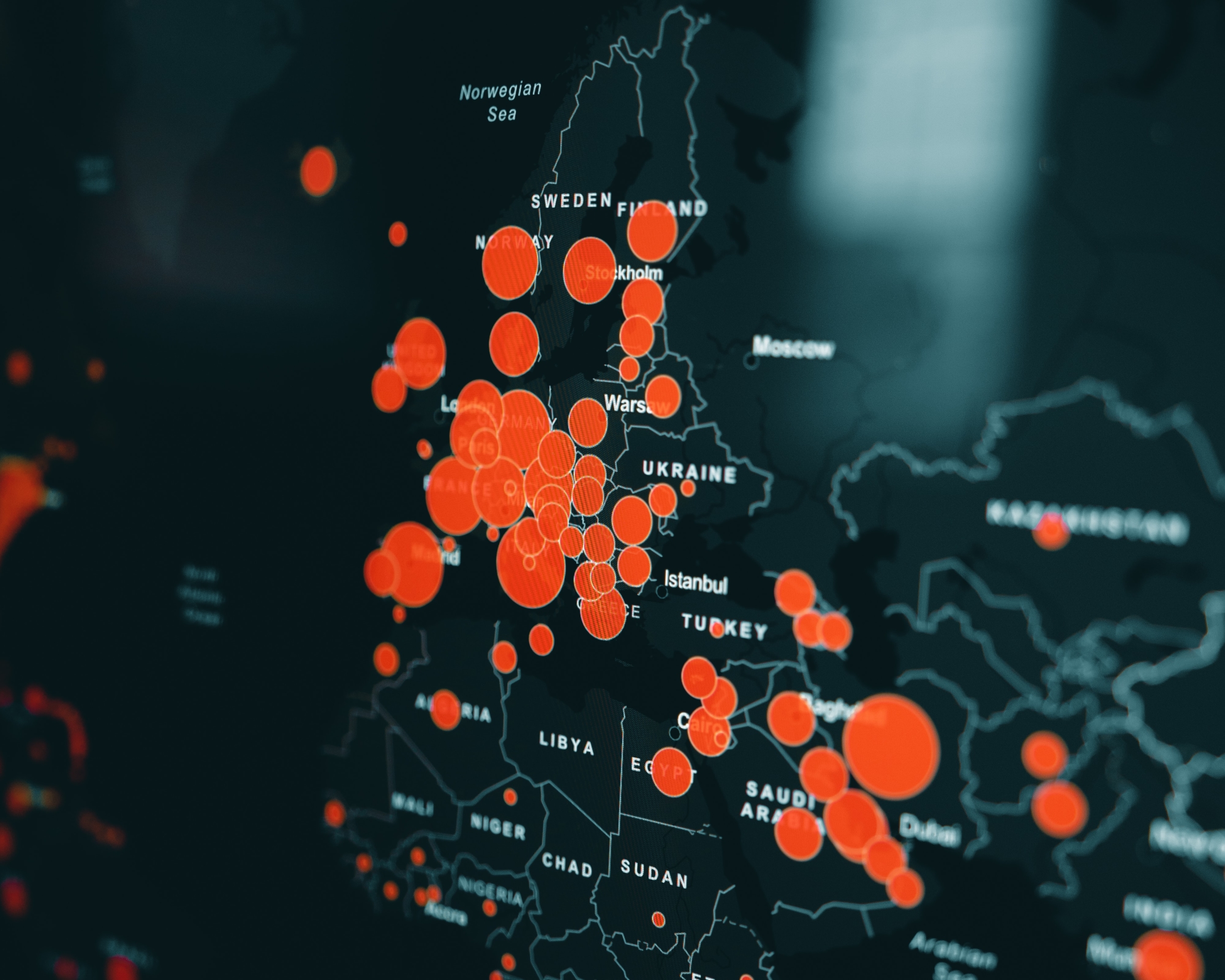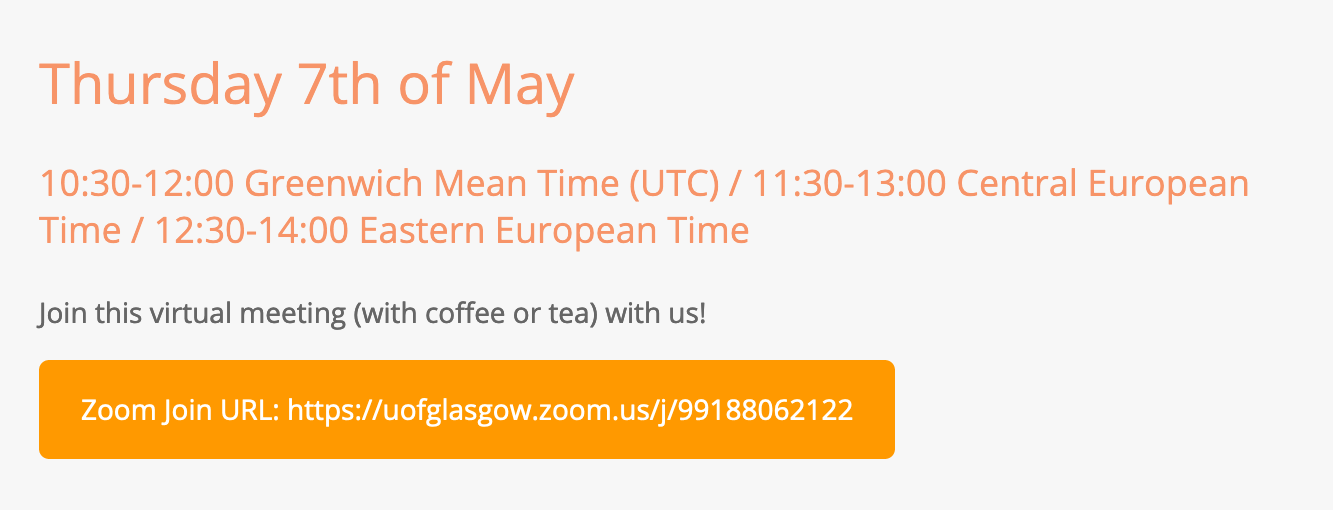
If you have participated in one or more of UMAC Webinars, we want to hear from you. Help us improve and prepare the second series!
You can give us your feedback anonymously here.

If you have participated in one or more of UMAC Webinars, we want to hear from you. Help us improve and prepare the second series!
You can give us your feedback anonymously here.
Due to the coronavirus pandemic, UMAC’s 20th Annual General meeting will take place on the virtual platform Zoom.
It is scheduled to Monday, 27 July at 1 PM Lisbon/London time. Please find the announcement, agenda, and associated documents here.
So sad that yet another tragedy hit a university museum in Brazil. This week, a fire at the Natural History Museum and Botanic Garden, Federal University of Minas Gerais, Belo Horizonte, destroyed part of the collections.

UMAC sends to our friends in UFMG our condolences and full solidarity. We are also forwarding dozens of messages that are arriving from everywhere in the world to the Museum director, Prof. Mariana Lacerda.
UMAC is working closely with ICOM Brazil and the UFMG Museum Network to accompany the situation and help when we can.
Yes, we know we’re a bit late but we have finally created a YouTube channel for UMAC. We have lots of video materials to upload — stay tuned — and all our Post-Lockdown Webinars will be available there.
Moreover, the upcoming webinars — 12 June, 19 June, 26 June and 3 July — will be broadcasted live on YouTube.
So, don’t forget to subscribe.

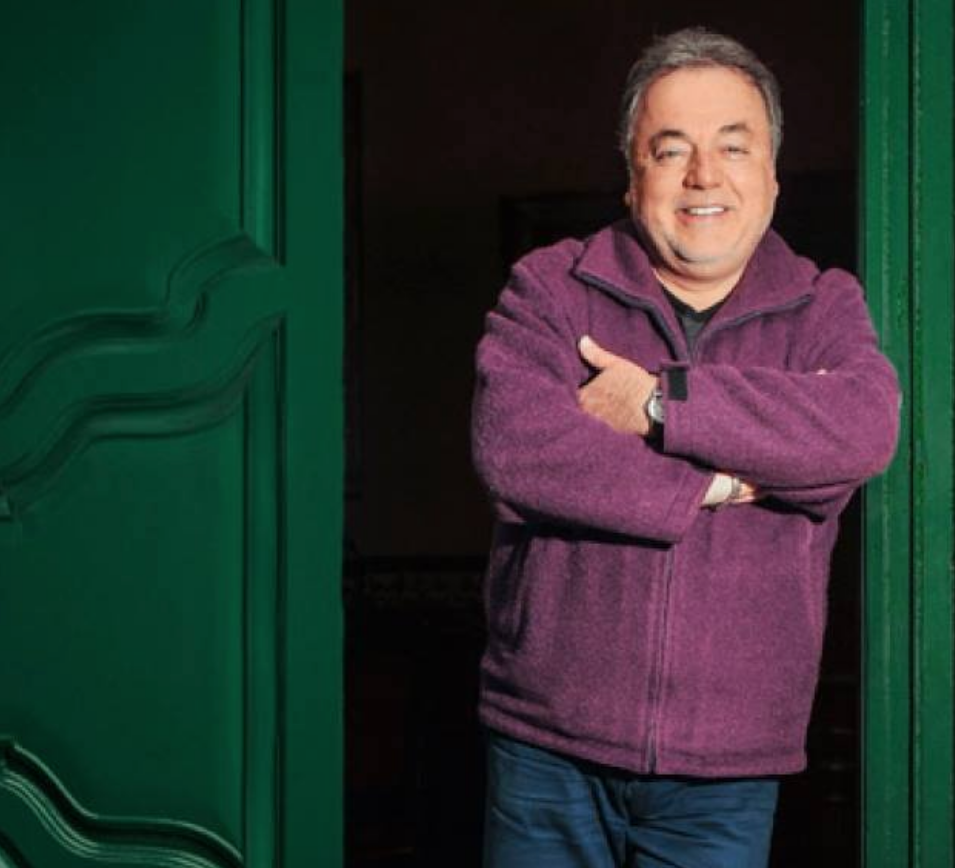
Luís (Lucho) Repetto Malaga, was born August 4, 1953 in Peru. Art historian and museologist specialized in popular art and Amazonian ethnography. Administrator with a master’s degree in Museology from the Escuela de Conservación Restauración y Museografía Manuel del Castillo Negrete in Mexico.
Vice-President of ICOM Peru, Luís Repetto was President of the ICOM-LAC, the Regional Organization for Latin America and the Caribbean of the International Council of Museums. He was the Director of the Museum of Popular Arts and Traditions of the Riva Agüero Institute of the Pontifical Catholic University of Peru, Director of Galleries and Special Projects of the Cultural Centre of the Pontifical Catholic University of Peru and General Coordinator of the Ibero-American Network for the Management and Appreciation of Heritage Cemeteries. He published multiple essays on popular art and Amazonian ethnography, as well as contemporary museology.
Throughout his life, Repetto was an active and respected leader in the cultural sector in Peru, Latin America and internationally. He is recognized for his commitment to, and love for, heritage and museums, as well as for his love of the popular dance Marinera.
An active member of ICOM-UMAC, particularly in recent years, he supported national networks of university museums and collections in Latin America. Among his many reflections, he left us: “We are in times of museological introspection, times for reinvention, research and the use of the virtual channels in all its modalities”.
Karin Weil, Chile
9 June 2020
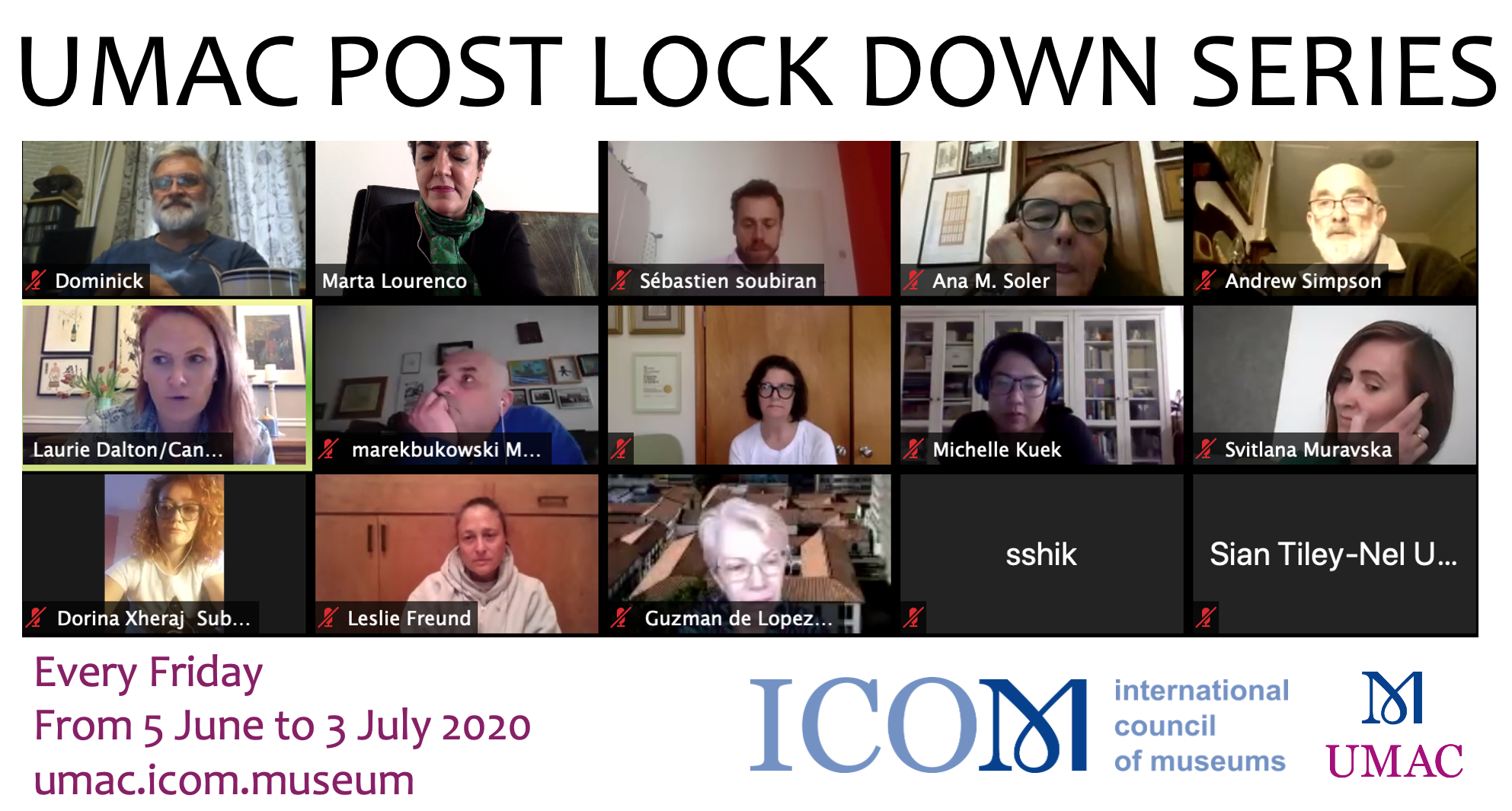
Since late March, universities across the world have closed, lectures were moved online and research – apart from COVID research – has suffered limitations due to safety reasons. As lockdown rules relax and museums worldwide gradually reopen, UMAC wants to have a global overview of the situation for university museums and collections.
How did the lockdown affect your university museum, collection, botanic garden or science center? How did you navigate the plethora of online platforms and social media, both internally and publicly? How did you respond to your audiences – researchers, students, general public? What lessons did you learn?
UMAC is organizing a series of five informal webinars every Friday between 5 June and 3 July 2020. The series will take place on ZOOM. Each webinar will happen twice a day to facilitate access from different time zones.
Please see below how you can participate.
The series will be made available au fur et à mesure under our resources section — webinars and in UMAC YouTube channel.
Similar initiatives are being organised by Universeum (also here) and the AAMG – check their websites for details.
Has your university museum, botanic garden or science center reopened to the public or will reopen soon? What safety measures are you implementing in your exhibitions and public spaces? Will you reopen totally or partly? If you are on campus, how are you coping with the restrictions of a closed campus?
8 AM Lisbon/9 AM Pretoria/3 PM Shanghai/4 PM Tokyo/5 PM Sydney, moderated by Andrew Simpson, Australia
5 PM Lisbon/11 AM Mexico City/12 PM New York/1 PM Rio de Janeiro, moderated by Marta Lourenço, Portugal
Is your university museum resuming access to collections post-lockdown? What safety measures are you implementing? Do you plan to quarantine specimens, artefacts, manuscripts and books post-access? What impact did COVID have on your collections policy? Are you collecting COVID objects?
8 AM Lisbon/9 AM Pretoria/3 PM Shanghai/4 PM Tokyo/5 PM Sydney, moderated by Akiko Fukuno, Japan
5 PM Lisbon/11 AM Mexico City/12 PM New York/1 PM Rio de Janeiro, moderated by Sébastien Soubiran, France
During lockdown, did your university museum, science center, botanic garden remain active online? Was your university museum prepared? What technological, logistical, content challenges did ‘going digital’ pose? What lessons did you learn for the future?
8 AM Lisbon/9 AM Pretoria/3 PM Shanghai/4 PM Tokyo/5 PM Sydney, moderated by Roland Wittje, India
5 PM Lisbon/11 AM Mexico City/12 PM New York/1 PM Rio de Janeiro, moderated by Jill Deupi, USA
Was your university museum or collection being used for teaching? Were you teaching material culture or collections-based courses at graduate or post-graduate levels when the lockdown started? What were the challenges of moving object-based teaching online? Which platforms did you use? Did you create specific resources? How did students cope? How can we prepare for a future where online teaching appears to be predominant?
8 AM Lisbon/9 AM Pretoria/3 PM Shanghai/4 PM Tokyo/5 PM Sydney, moderated by Alistair Kwan, New Zealand
5 PM Lisbon/11 AM Mexico City/12 PM New York/1 PM Rio de Janeiro, moderated by Kirsten Vincenz, Germany
What is the immediate and mid-term impact of COVID in your university museum and collection? What consequences do you anticipate in terms of audiences, logistics, finances, access, even mission and strategy?
8 AM Lisbon/9 AM Pretoria/3 PM Shanghai/4 PM Tokyo/5 PM Sydney, moderated by David Ellis, Australia
5 PM Lisbon/11 AM Mexico City/12 PM New York/1 PM Rio de Janeiro, moderated by Steph Scholten, UK
We are now inviting informal contributions from all over the world. Each contribution consists of a 5 min presentation (max. 3 powerpoint slides, these are optional). Slots are limited and will be accepted on a first come first served basis.
If you want to contribute, please send an email to UMAC Secretary Wenjia Qiu, indicating name, institution, and which date and hour you want to intervene. You will be asked to provide your three slides 24 h before the webinar.
Everyone can attend but registration is required.
Please send an email to UMAC Secretary Wenjia Qiu, indicating name and institution. You will be given the access link and password.
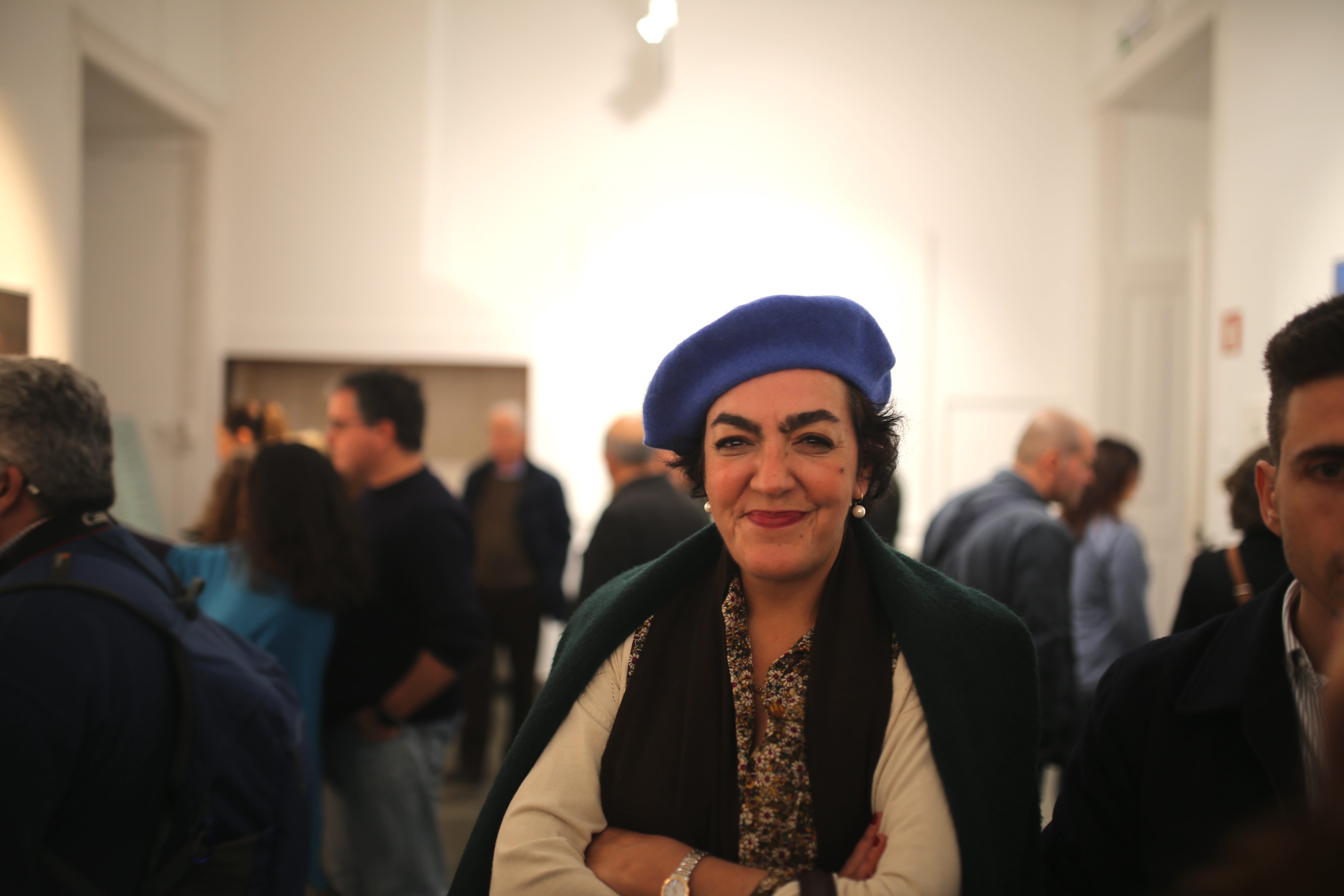
Dear friends and colleagues,
When this year started I was far from imagining that IMD 2020 would be so ‘unusual’. We were planning to commemorate Equality, Diversity and Inclusion, the Museum Definition was everything everyone was talking about, by now we should be preparing our Annual Conference in Sydney. It seems all part of a different time and space, a different world.
Still, the commemorations of IMD 2020 will go ahead across the world as planned, of course — mostly on digital platforms — with a ‘physical’ 3-day follow up between 14-16 November to coincide with the 74th anniversary of ICOM. Read more information here.
As usual, I invite the global community of university museums and collections to join IMD 2020. You can find several materials in ICOM’s website, including the poster, hashtags for social networks, an introduction to the theme and so much more.
I hope you are all well. So many colleagues tell me that the workload has increased during lockdown, but I am sure you have been doing a lot of thinking as well, and are, as I am, concerned about the months to come.
As the culture sector gradually reopens during the next weeks in Europe, Asia, Africa and the Americas, for me it’s hard to ignore that so many small museums, theaters, libraries, will probably never reopen. Dozens of our colleagues have already been laid off or furloughed (especially museum educators). I am concerned with the future of many higher education museums, collections and heritage.
You can read in Inside Higher Ed recent interviews with some of our colleagues from the US explaining why these are dangerous times for university museums.
Paradoxically, I believe museums, collections and heritage are more essential than ever.
For so many people across the world, this is a time of grief, suffering, solitude and enormous challenges. If there is anything we learned in the past weeks is that we need each other. We need to reach out to others who are close and who are far, and stay together as never before. It’s a lesson about connectedness, solidarity and kindness that communities across the world are teaching their own politicians and governments.
Spaces like museums play a very important role in this increased need for connectedness. It is the museums’ values of timeless permanence and sense of collective belonging — more than the art itself, or the science, or paleontology, or whatever — that offer stability, hope and unity as the rest of our lives seems to crumble and largely evades control.
For many years, and certainly since I became a museum professional, I do not think there has been a more urgent need to open our doors and just be there for anyone who wants. This is ‘inclusion’ in the proper sense of the term.
I wish you all a great IMD 2020. I will be on ZOOM tomorrow between 1 PM and 2 PM Lisbon/London time — nothing special, nothing prepared, just about being together. If you have a moment, please consider dropping by to say hello.
Warmest wishes.
Lisbon 17.05.2020
Marta Lourenço, University of Lisbon
UMAC Chair
The University Museums and Collections Journal is a peer-reviewed, on-line journal published by the International Committee for University Museums and Collections (UMAC), a Committee of the International Council of Museums (ICOM).
The journal publishes original research on aspects of museology and museum practice in higher education globally. Articles published in the University Museums and Collections Journal explore theoretical concepts of museology in a higher education setting. Leading scholarship on the materiality of higher education also features.
The Editorial Board of the Journal welcomes original articles submitted by researchers at any time. We also welcome correspondence with authors on possible contributions to the Journal.
For information on publishing your work in the journal, the Editorial Board, the review process, selection criteria and submission guidelines, please read more here.
For further questions and correspondence on publishing in our journal, please contact the Editor Andrew Simpson.
The UMAC Board, in close consultation with the UMAC 2020 Local Organising Committee, has been closely monitoring the COVID-19 situation across the world and within Australia and has decided to cancel the UMAC 2020 conference that was to be held at the Chau Chak Wing Museum, University of Sydney, in September.
The UMAC Board has reluctantly reached this decision in view of current restrictions and uncertainties about when social and economic life and international travel will return to normal in Australia and worldwide.
The UMAC Board is currently considering the University of Sydney hosting the UMAC conference in 2023. In the meantime, the UMAC 2020 registration process has been suspended and preparatory activities for 2020 have now ceased.
The conference would initiate the commemorations of the 20th anniversary of UMAC and was to include a review of the past 20 years of university museums and collections as well as a look into the futures of the sector.
We hope to host a ‘marker’ event later in 2020, possibly online, to hold our 20th Annual General Meeting, acknowledge the 20th anniversary of UMAC and attribute the UMAC Award 2020.
We would like to thank all who have been involved in planning the conference and especially thank members of the UMAC community for their support with the record number of outstanding submissions, totaling 138 from 30 countries and territories. While the conference cannot proceed, we hope to capture some of this material in digital activities this year and in a special edition of extended abstracts for the University Museums and Collections Journal. There will be more communication on this from the Journal Editor shortly.
We look forward to seeing you all in Dresden in 2021.
David Ellis, Chair UMAC 2020 Local Organising Committee
Marta C. Lourenço, Chair, ICOM-UMAC
UMAC invites all its members to participate in the upcoming online debate organised by UNIVERSEUM, the European University Heritage Network, about the challenges and opportunities faced by university museums, collections in Europe and elsewhere.
Read more about the initiative in the Universeum website.
